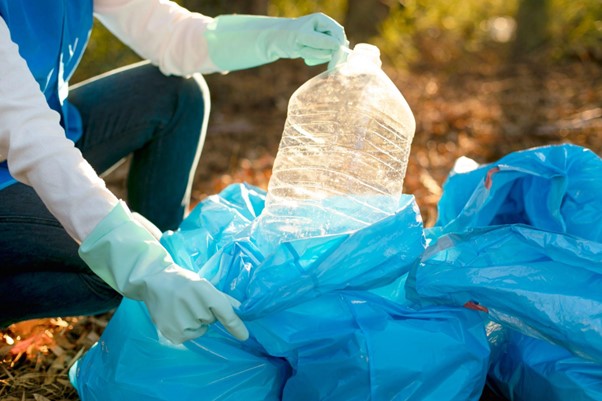Hospital waste management is a vital process in the healthcare industry, essential for public health and the surrounding environment. Hospitals create a substantial quantity of garbage on a daily basis, including dangerous items that need particular handling and disposal. Knowing how to decrease healthcare waste is critical for medical professionals and hospital management.
Hospital waste comprises various used and contaminated products, radioactive materials, and biomedical and pharmaceutical products. If not managed and handled correctly, this waste can pose severe threats to the lives of healthcare workers, patients, and attendants.
Therefore, regularized techniques are used to manage and dump this hospital waste. This blog will explore four different tips that can help manage hospital waste with proper care.
Waste Segregation
Waste segregation is the best technique to minimize the risk of disease spreading due to hospital wastage. This technique involves the separation of different wastes at the source level, which in turn helps prevent cross-contamination.
Waste that has been properly separated from other forms of garbage is less likely to pollute, making disposal and recycling procedures more efficient. Separated recyclable items, such as glass, paper, and plastics, can be shipped straight to recycling centers, reducing the need for further sorting.
Hospital Management Training
To ensure the proper management of hospital waste, hospital workers must have basic knowledge and memory regarding the waste. This means an efficient hospital waste management program must include appropriate education and training.
All healthcare workers should know waste management techniques, including recycling, segregation, dumping, and waste handling. They should also play an active part in effectively implementing environmental laws and regulations.
Proper Cleaning
Waste management techniques also involve the proper cleaning of hospital products and places. All hospital-covered areas must be cleaned every day to ensure the removal of contagious bacteria and other organisms. Rugs and carpet cleaning must be done adequately because sometimes unwanted dangerous debris remains in carpet threads.
Hospitals should select their treatment strategies, taking into account the kind and amount of waste they produce and the environment. Adopting appropriate medical waste shredding procedures can help reduce waste volume and improve safety.
Usage of Technological Innovation
In this fast-paced world,technological advancement in every field has made human life easy. Technology in the healthcare industry can effectively manage solid waste. Investing in technology-driven solutions may enhance waste management procedures’ accuracy, efficiency, and compliance.
By using sustainable procurement methods, hospitals may take proactive steps to prevent medical waste. This entails choosing durable or reusable products, minimizing packaging, and selecting products with extended shelf life.
Monitoring and Evaluation
The last tip that can help manage hospital waste effectively and enhance its coverage is regular monitoring and evaluation of operations. Healthcare workers , especially operating room cleaners, who are more prone to contaminated waste must be educated. They must be checked on a daily basis to determine whether they are implementing the rules and regulation of management techniques or not.
To monitor waste creation, segregation rates, treatment outcomes, and disposal costs, hospitals should set up performance measures.
